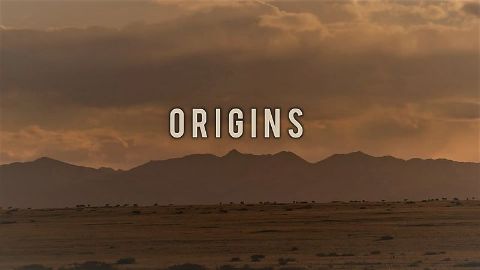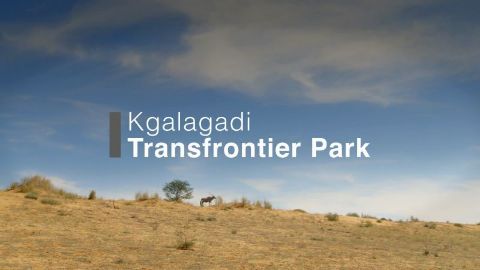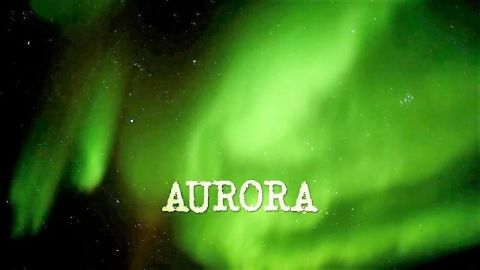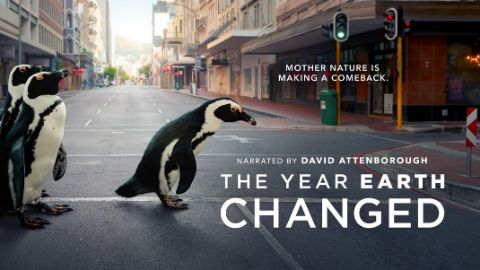Yukon's Wild Grizzlies • 2021
Filmed over two years in a remote part of the Canada. Cameras observe a young female grizzly as she grows into adulthood. Filmed over two years, the documentary features vistas of open plains on the Arctic Circle and frigid rivers in vast mountain ranges. Against the backdrop of the vast Yukon tundra, the climate changes from frigid winter to spring thaw with a brief sunny season in-between. The cast of characters features hulking male grizzlies, mothers and cubs socialising until the salmon runs begin. Female bears must consume enough salmon during this brief time in order to sustain the cubs that will be born during the winter.
Make a donation
Buy a brother a hot coffee? Or a cold beer?
Hope you're finding these documentaries fascinating and eye-opening. It's just me, working hard behind the scenes to bring you this enriching content.
Running and maintaining a website like this takes time and resources. That's why I'm reaching out to you. If you appreciate what I do and would like to support my efforts, would you consider "buying me a coffee"?
Donation addresses
BTC: bc1q8ldskxh4x9qnddhcrgcun8rtvddeldm2a07r2v
ETH: 0x5CCAAA1afc5c5D814129d99277dDb5A979672116
With your donation through , you can show your appreciation and help me keep this project going. Every contribution, no matter how small, makes a significant impact. It goes directly towards covering server costs.





